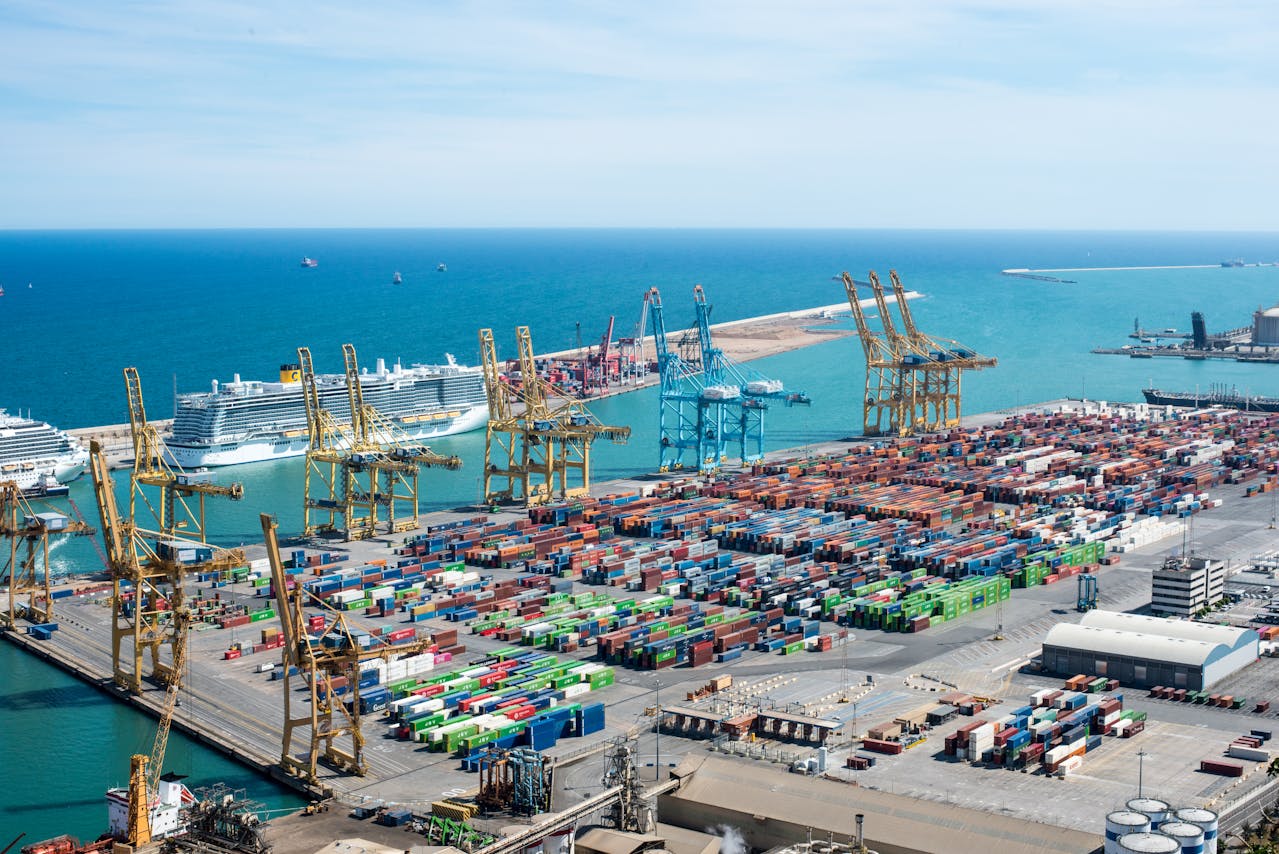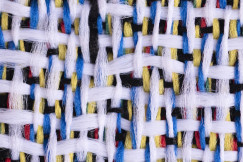Legislative developments
31 March 2025
EU rules on Textile Waste Management: A Step Towards Sustainability
Legislative developments
31 March 2025
Ecosystem's readiness to support EU strategic autonomy and defence efforts
Infrastructure
Investments and funding
+17 more
Login / create an account to be able to react
-
242

The Waste Framework Directive 2008/98/EC lays down some basic waste management principles and includes certain provisions on the management of textile waste, most notably under a 2025 amendment aiming to bring about a more circular and sustainable management of textile waste, in line with the vision of the EU Strategy for Sustainable and Circular Textiles.
Topics
EU-27
Academic / Research and VET Institutions
Business Support Organisation
Company with 250 or more employees
Consumer Organisations
EU Institutions
Industry Associations and Chambers of Commerce
Local Authorities
National authorities
Networks and Federations / Confederations
NGOs / Non-profits
Regional Authorities
SMEs (a company with less than 250 employees)
Social Economy Entity
Trade Unions
-
Transition Pathway's building blocks
-
-
Ecosystem's readiness to support EU strategic autonomy and defence efforts
-
Infrastructure
-
Investments and funding
-
R&I, techniques and technological solutions
-
Skills
-
Social dimension
-
Sustainable competitiveness
-
Regulation and public governance
-
-
Industrial ecosystems
-
-
Textile
-
-
Textiles ecosystem areas
-
-
Fibres, yarns and fabrics
-
Apparel and clothing accessories
-
Household/interior textiles
-
Technical textiles
-
Leather and fur
-
Footwear
-
Research and Innovation
-
Technology and Machinery
-
Waste management, reuse and repair
-
Business support and Communication
-
Not area specific (interested in more than one of the above)
-
Share
Under EU rules on waste, Member States are required to set up separate collection of textiles by 1 January 2025. For this to happen, separate collection, sorting, re-use and recycling capacities within the EU have to be strengthened. This requires significant investments to build infrastructure, and to develop new technological solutions.
In particular, the 2025 amendment of the WFD introduced mandatory and harmonised Extended Producer Responsibility (EPR) schemes for textiles in all EU Member States. EPR schemes require producers to take responsibility for the entire lifecycle of their products, in particular at the end of the product’s life. Under these new rules on textile waste, the level of the financial contributions of the producers will be based on the circularity and environmental performance of textile products (referred to as "eco-modulation").
These new rules on textile waste will foster research and development in innovative technologies that promote circularity in the textile sector. It also supports social enterprises involved in textile collection, sorting, reuse, and recycling, and will ultimately incentivise producers to design more circular products.
For more detailed information, please visit the website of the Waste Framework Directive (WFD) here.
Documents
Comments (0)
See also
-
19
Welcome to the 'Competitive and Innovative Supply Chains' Workspace
- Categories
- Infrastructure Investments and funding R&I, techniques and technological solutions +16 more
-
3
Welcome to the Skills and Talent Community Workspace!
- Categories
- Infrastructure Investments and funding R&I, techniques and technological solutions +28 more
-
7
Building skills for the future: The EU’s sectoral blueprint approach
- Categories
- Infrastructure Investments and funding R&I, techniques and technological solutions +28 more




